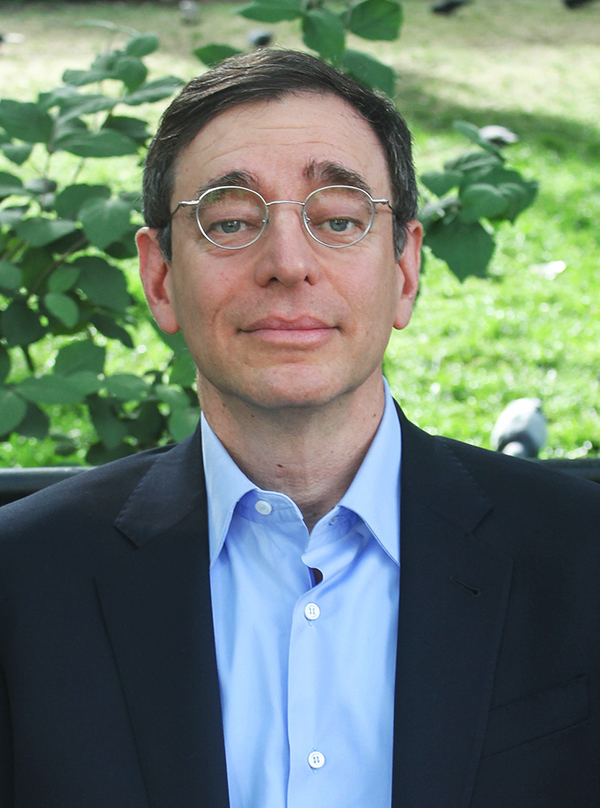Alum lauds Israel's water management in campus talk
By Justin Welfeld

Seth M. Siegel, author of the best-seller “Let There Be Water: Israel’s Solution for a Water-Starved World,” discussed spreading awareness of the global water problem before it becomes a humanitarian crisis Feb. 6 in the Alice Statler Auditorium.
Stirred to action following a U.S. intelligence projection that “60 percent of the world’s landmass would face water scarcity by 2025,” Siegel ’74, J.D. ’78, has made water his life’s work. Marking his 198th talk on the water crisis, Siegel expressed his excitement coming back to lecture at Cornell, where he studied at the ILR School, to an audience of around 200 students, faculty and staff.
Siegel identified hundreds of millions of potential water refugees in Africa, India and even the United States living on water systems at risk of going dry in the next handful of years. Compounding this problem, Siegel explained that changing rain patterns, growing populations and a burgeoning middle class all threaten to create “a water profile that goes off the charts, all at a time when we are running out of water.” He continued, “unlike oil, where there are substitutes, there are simply no substitutes for water.”
“The good news is there is a solution because the problem functionally is not a shortage of water, it’s a shortage of imagination, ingenuity, creativity and good governance,” Siegel said. Pointing to Israel as the international model of water conservation and procurement, Siegel explained the importance of Israel’s water- and technology-revering culture. Hailing Israeli use of drip irrigation, efficient desalination and grey-water recycling, Siegel said the global water crisis is “not a failure of water” but rather “a failure of management.”
In the U.S., Siegel said, 35 percent of water is lost every day due to broken pipes. “The problem is water is very much out of sight out of mind,” he said.
After the talk, Cornellians for Israel co-president and ILR School student Reut Baer ’17 said, “I grew up in Israel until I was 11. I was used to the constant commercials, ‘don’t use water.’ My yard was thorns. Now whenever I go back to Israel, it’s a transformation.”
Dillon Carroll ’20 asked Siegel, “What prevents governments from the adoption of these efficient solutions?” Siegel said: “The problem is that democratic governments all over the world are headed by people who are running for office, and people running for office generally do not find themselves being re-elected if they raise the cost of services to their constituents.”
Siegel’s University Lecture was sponsored by Cornell Hillel, Cornellians for Israel, Roitman Chabad Center at Cornell, academic departments and other organizations on campus.
Justin Welfeld ’20 is a writer intern for the Cornell Chronicle.
Media Contact
Get Cornell news delivered right to your inbox.
Subscribe